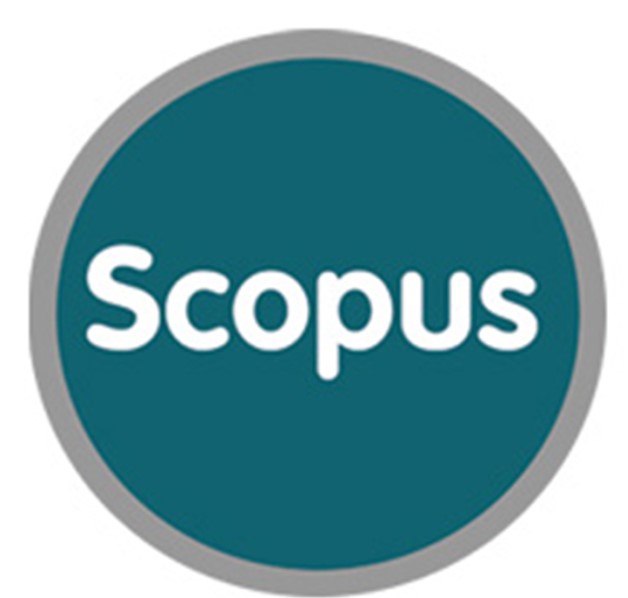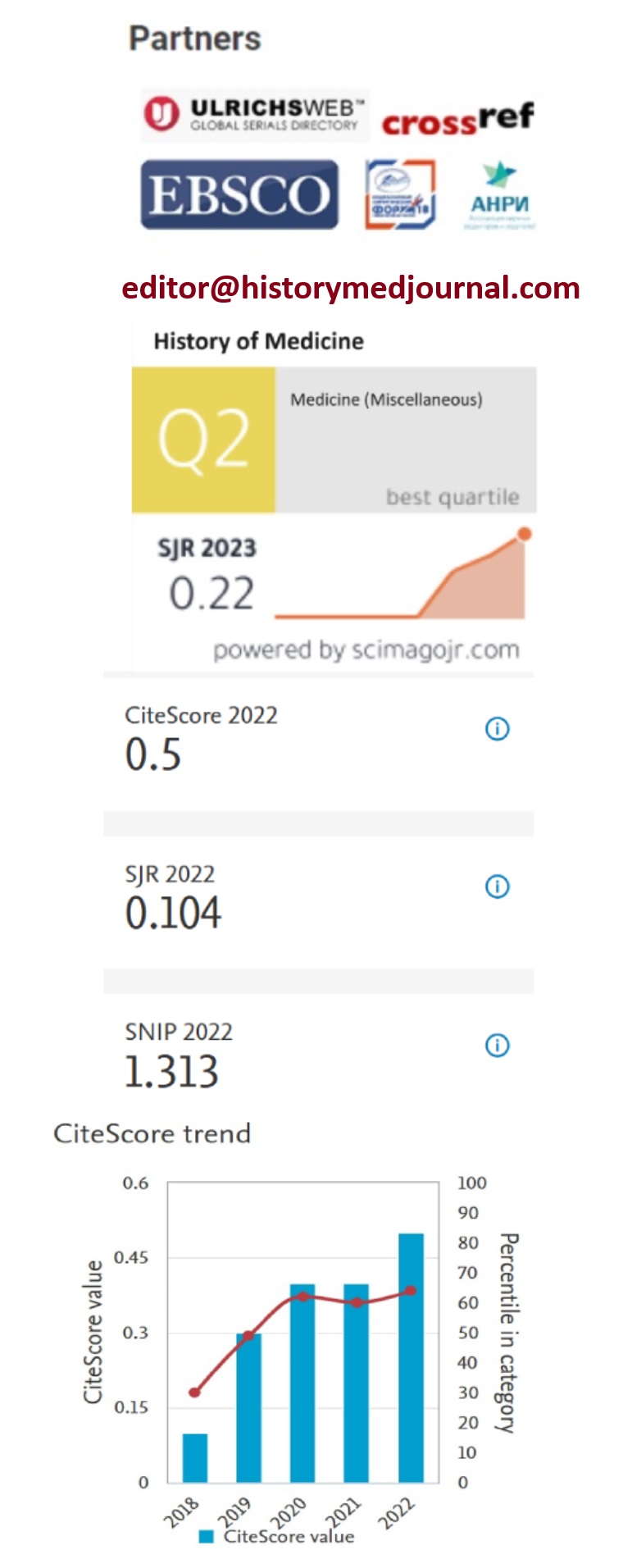-
Comparison of Efficacies of Sofosbuvir/Daclatasvir with Sofosbuvir/Ribavirin for Hepatitis C Virus Genotype 3 Treatment in a Tertiary Care Center in Karachi
Volume -10 | Issue -2
-
BIOCHEMICAL PROFILING AND MOLECULAR CHARACTERIZATION OF BETA GLOBIN GENE OF BETA THALASSEMIA MAJOR PATIENTS IN PUNJAB, PAKISTAN
Volume -10 | Issue -2
-
Fear of Negative Evaluation and Procrastination: Exploring the Mediating Role of Self-Efficacy and Self-Esteem in University Students
Volume -10 | Issue -2
-
BIOCHEMICAL PROFILING AND MOLECULAR CHARACTERIZATION OF BETA GLOBIN GENE OF BETA THALASSEMIA MAJOR PATIENTS IN PUNJAB, PAKISTAN
Volume -10 | Issue -2
-
Fear of Negative Evaluation and Procrastination: Exploring the Mediating Role of Self-Efficacy and Self-Esteem in University Students
Volume -10 | Issue -2
Linguistic Imperialism and the Power Dynamics of Language in Pakistan: A Critical Discourse Analysis of Punjabi, Urdu, and English
Main Article Content
Abstract
This research examined the power dynamics pertaining to Punjabi, Urdu, and English languages in Pakistan. The study attempted to comprehend the utilization of language in constructing and maintaining power dynamics in official domains and lived experiences, using Critical Discourse Analysis (CDA) as the theoretical framework. The data gathering process consisted of examining educational policies and media representations, as well as conducting interviews with students, educators, community leaders, policymakers, and a speaker of a minority language. The data analysis identified how different discourses promote English as the language that offers opportunities, marginalize Punjabi, and highlight the supremacy of Urdu. The research also emphasized the marginalization of minority languages and the burden people experience to prioritize English, which might possibly endanger their affiliation with their ancestral language. These results illustrate the intricate interaction among language, authority, and individuality in Pakistan. The study enhances current academic research by demonstrating how Critical Discourse Analysis (CDA) may provide light on the effects of language regulations on social mobility, cultural identity, and educational opportunities. Moreover, it emphasizes the capacity of social media to provide a broader and more varied linguistic environment. This study offers significant information for politicians and educators to create language laws and practices that are more inclusive and that respect Pakistan's diverse linguistic history

